Table of Contents
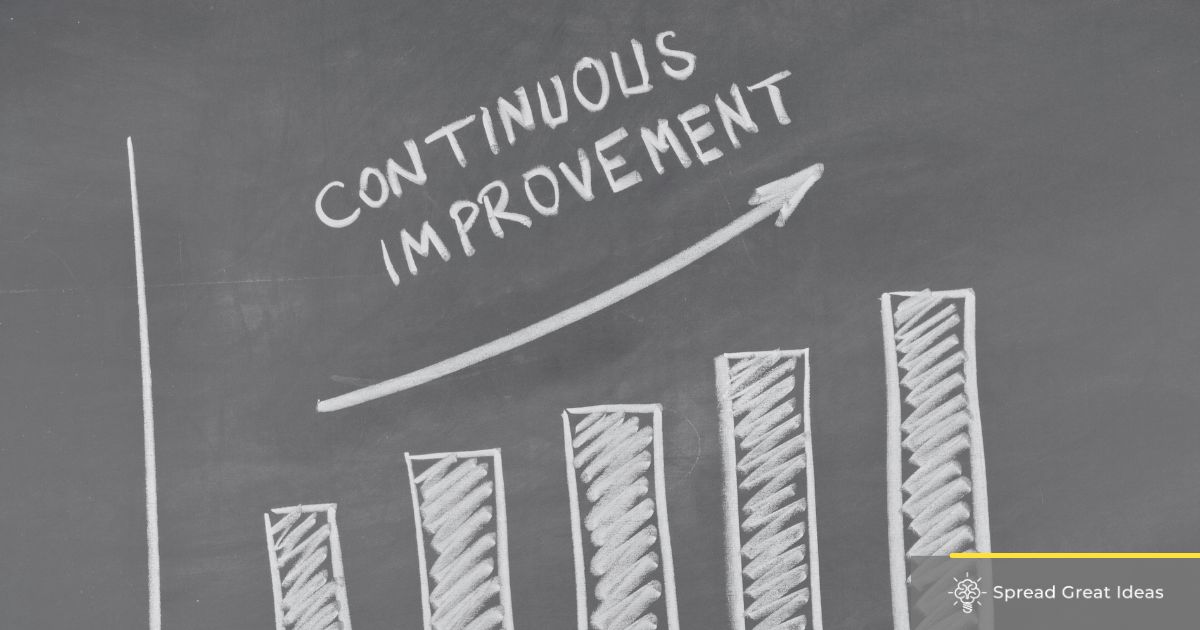
Eudaimonia is a hard word to define outside of its native Greek. It comes from the Greek words for “life” and “spirit” and effectively means “living the good life,” however it means “the good life” in a very particular way. The good life in this sense means living well, but also living good — that is to say, virtuously.
To live well is to aspire and to overcome one’s shortcomings, as well as to inspire those around you to greatness. We do this by searching for the core of our soul inside and then living in accordance with it’s will. There is, lurking in the very concept of eudaimonia, the idea that no one would do evil of their own will, but only out of ignorance.
It’s a stunning and life-affirming concept.
The concept of Eudaimonia begins with Socrates, passing through Plato and Aristotle and is then picked up again by Epicurus and the Stoics. It is the cornerstone of moral philosophy — how ought one to live?
Eudaimonia necessarily includes aspirations to become better tomorrow than one is today. Indeed, self-improvement is, in many ways, the means by which most people living today express their striving toward eudaimonia.
The quotes below come from great philosophers, writers and the Founding Fathers. What they have to say about the concept can help you to better understand this difficult to pin down idea.
Quotes About Eudaimonia and Living Your Best Life
Mark Twain
“Let us so live that when we come to die even the undertaker will be sorry.”
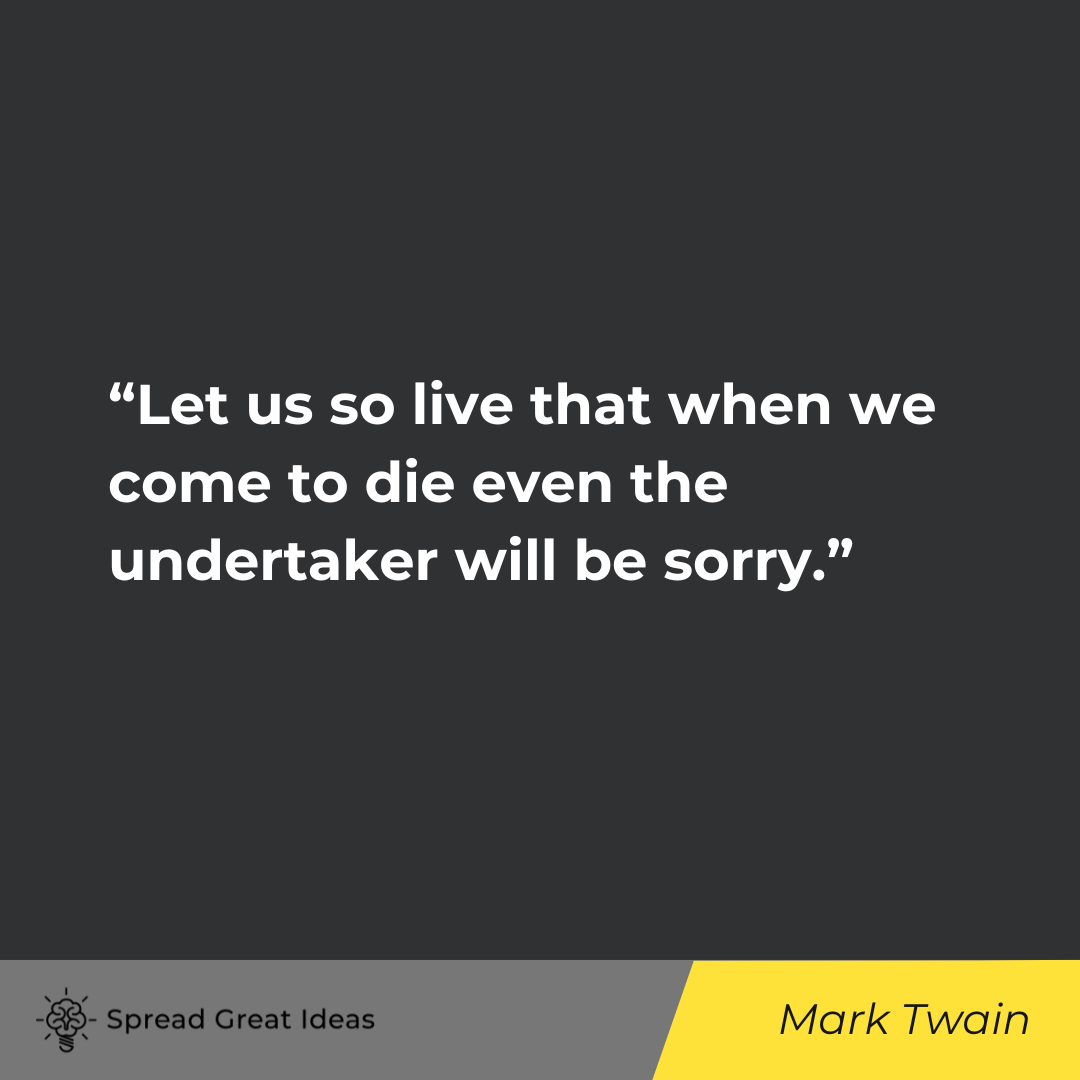
Matt Mullenweg
“If someone has those four things – work ethic, taste, integrity, and curiosity – I believe that you can learn anything in the world.”

Ayn Rand
“Happiness is not to be achieved at the command of emotional whims. Happiness is not the satisfaction of whatever irrational wishes you might blindly attempt to indulge. Happiness is a state of non-contradictory joy – a joy without penalty or guilt, a joy that does not clash with any of your values and does not work for your own destruction, not the joy of escaping from your mind, but of using your mind’s fullest power, not the joy of faking reality, but of achieving values that are real, not the joy of a drunkard, but of a producer. Happiness is possible only to a rational man, the man who desires nothing but rational goals, seeks nothing but rational values and finds his joy in nothing but rational actions.”
– Ayn Rand
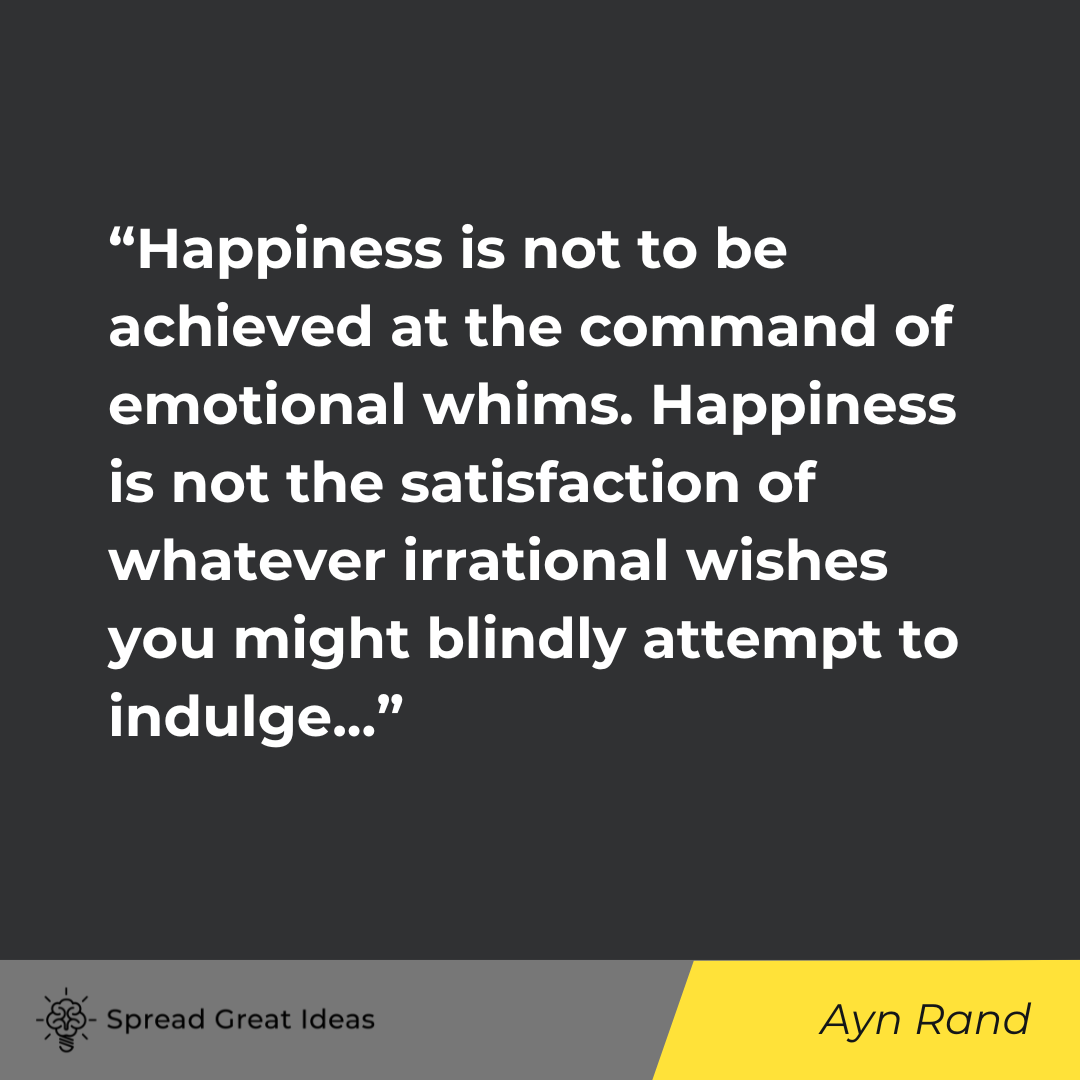
Paul Rosenberg
“Make your time on Earth matter; make your 90-year-old self proud.”
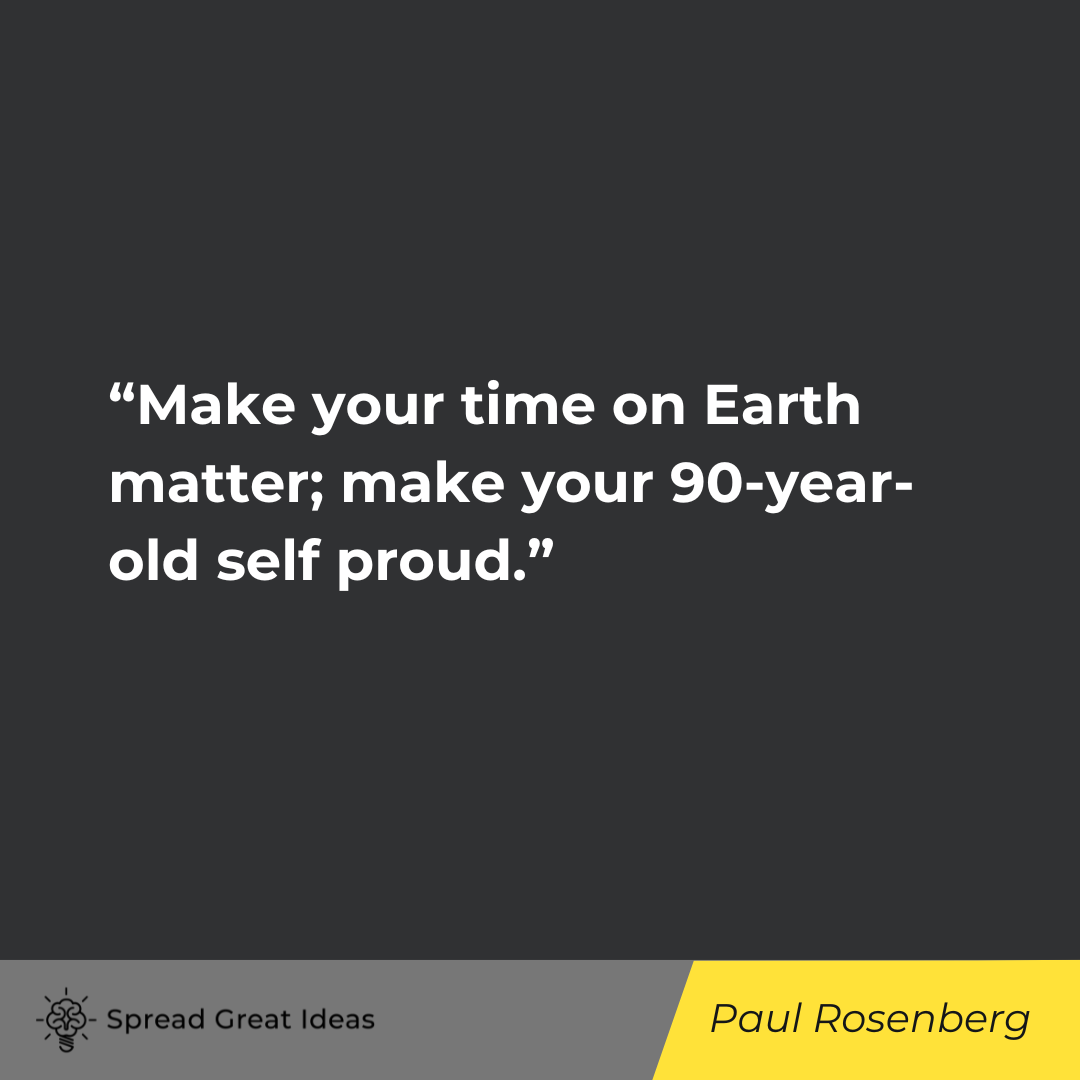
Tecumseh
“Live your life that the fear of death can never enter your heart. Trouble no one about his religion; respect others in their views and demand that they respect yours. Love your life, perfect your life, beautify all things in your life. Seek to make your life long and of service to your people.”
“Prepare a noble death song for the day when you go over the great divide. Always give a word or sign of salute when meeting or passing a friend, or even a stranger, if in a lonely place. Show respect to all people, but bow to none. When you rise in the morning, give thanks for the light, for your life, for your strength. Give thanks for your food and for the joy of living. If you see no reason to give thanks, the fault lies in yourself. Abuse no one and no thing. For abuse turns the wise ones to fools and robs the spirit of its vision.”
“When it comes your time to die, be not like those whose hearts are filled with fear of death, so that when their time comes they weep and pray for a little more time to live their lives over again in a different way. Sing your death song, and die like a hero going home.”
– Tecumseh
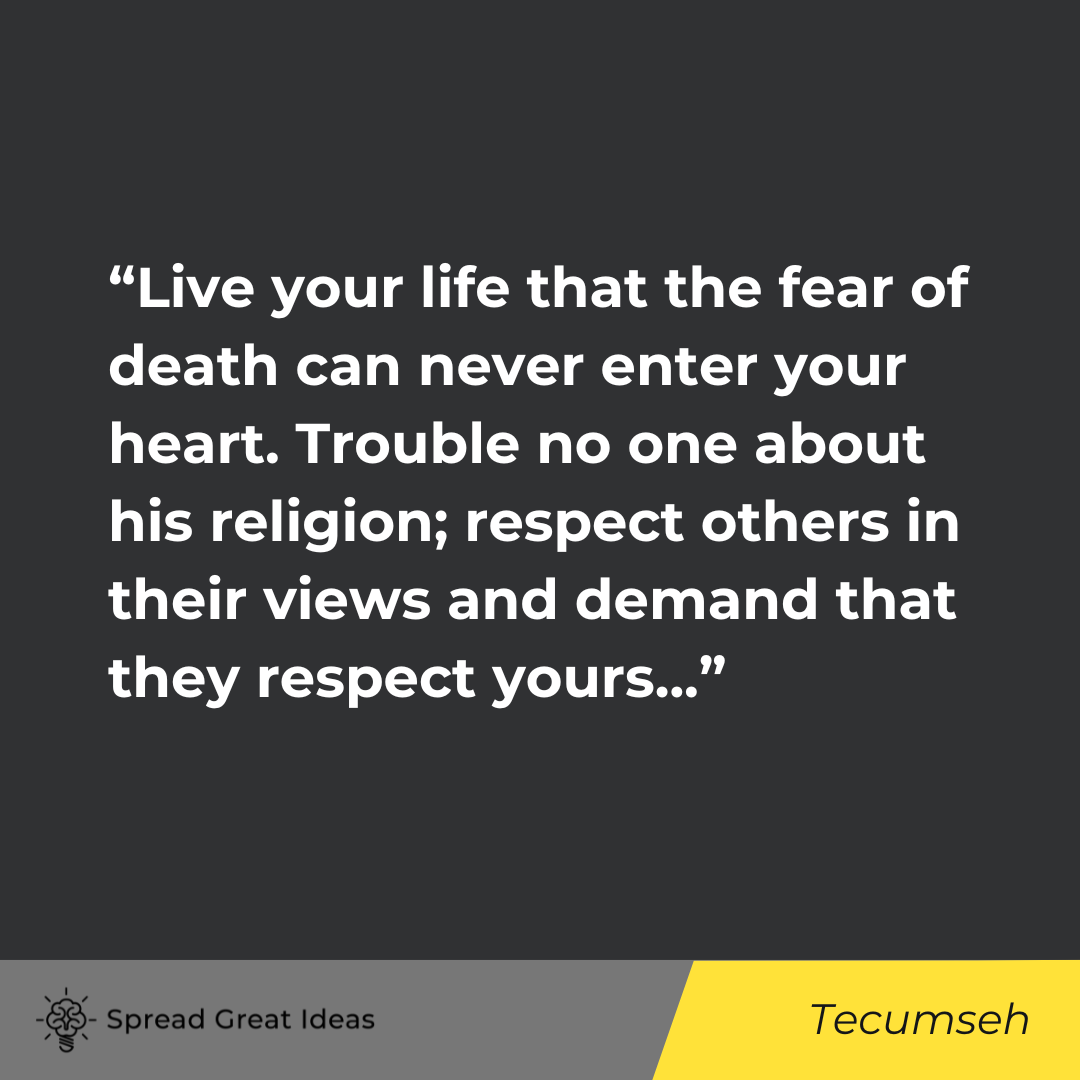
Joseph Campbell
“Each person has a quiet place within himself. And it’s out of that that his action comes. If he or she as an athlete is all action, they’re not performing properly. There’s a center out of which one properly acts…There’s a center that has to be known and held by the person. But unless this center has been known and felt, you’re torn apart. Tension comes. The Buddha’s word for this is “nirvana”. Nirvana is a psychological state of mind. It’s not a place that’s not here. It’s not like heaven. It is here in the middle of the turmoil in what Buddhists call ‘Samsara’ – the whirlpool of life’s conditions. Nirvana is what? It is the condition when you’re not compelled by desire. Or by fear. Or by social commitments. When you hold your center, and act out of there. And like all heroes, the Buddha doesn’t show you the truth. He shows you the way to that truth. It’s got to be your way too. I mean how should you or I get rid of fear? The Buddha can’t tell me how I’m to do it. There are exercises which different teachers can give you. But all the teacher can do is give you a clue. A direction. They are like a lighthouse which says there are rocks over here. Best to steer clear.”
– Joseph Campbell, Season 1, Episode 1: Joseph Campbell and the Power of Myth – “The Hero’s Adventure”
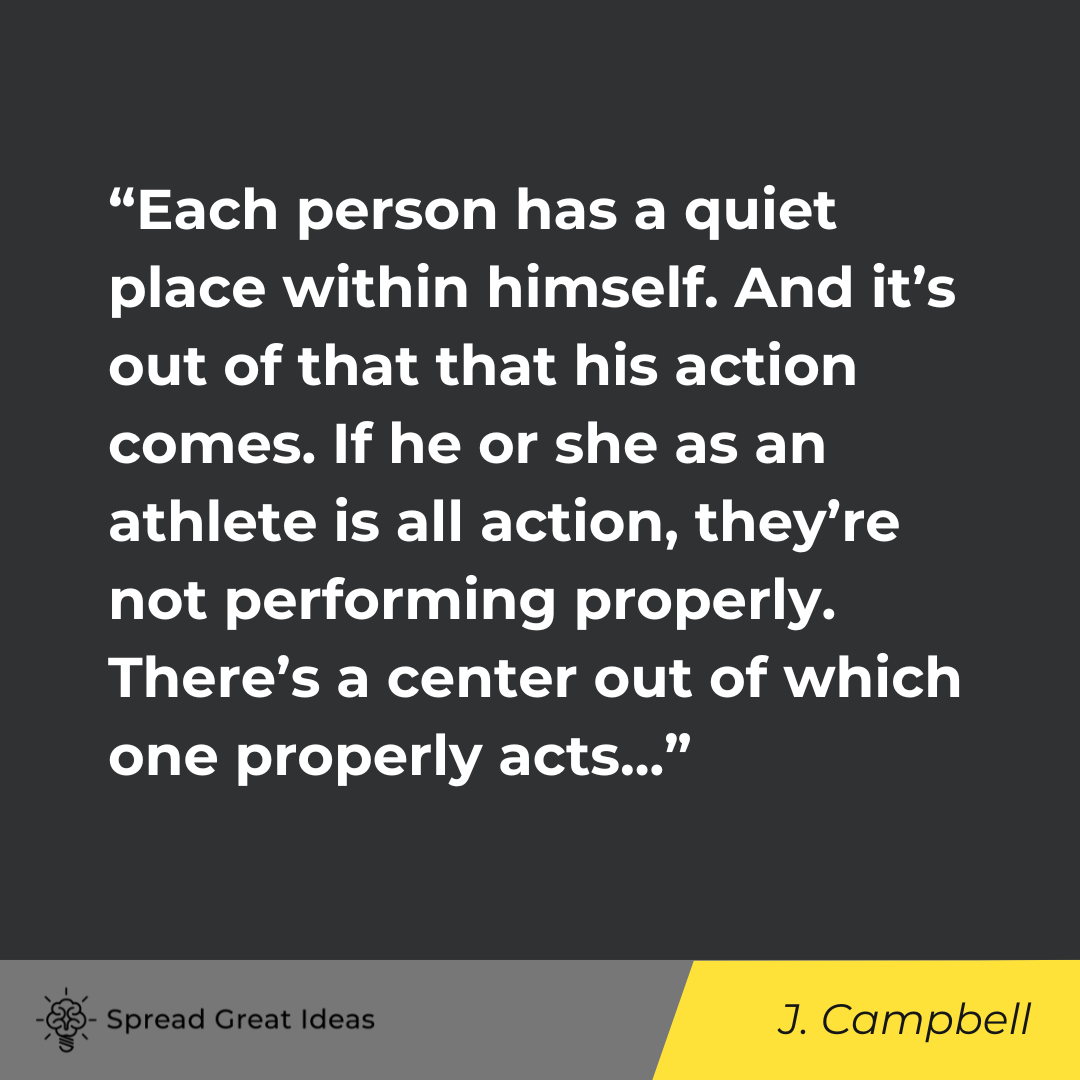
Immanuel Kant
“Morality is not the doctrine of how we may make ourselves happy, but of how we may make ourselves worthy of happiness.”
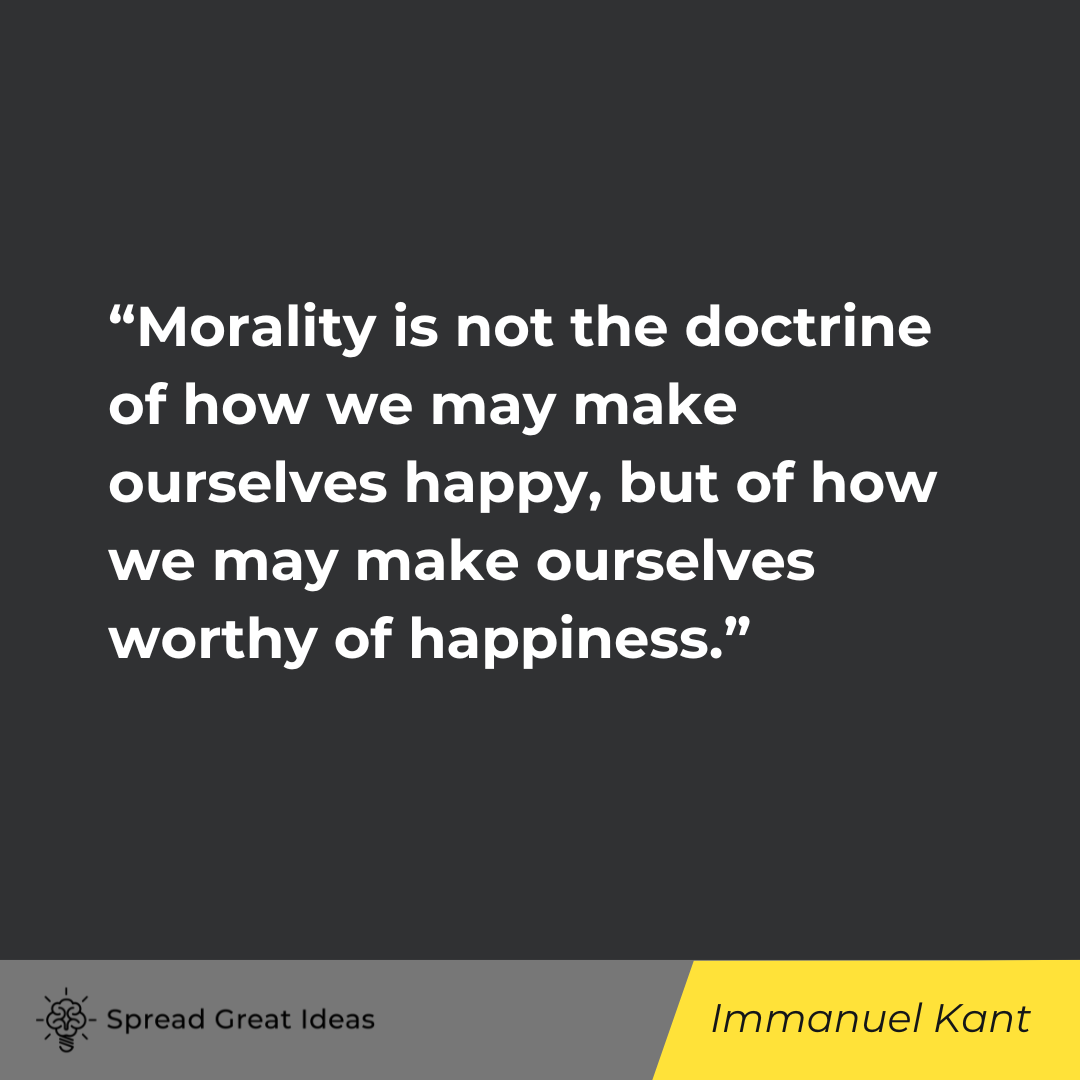
Marcus Aurelius
“Waste no more time arguing what a good man should be. Be one.”
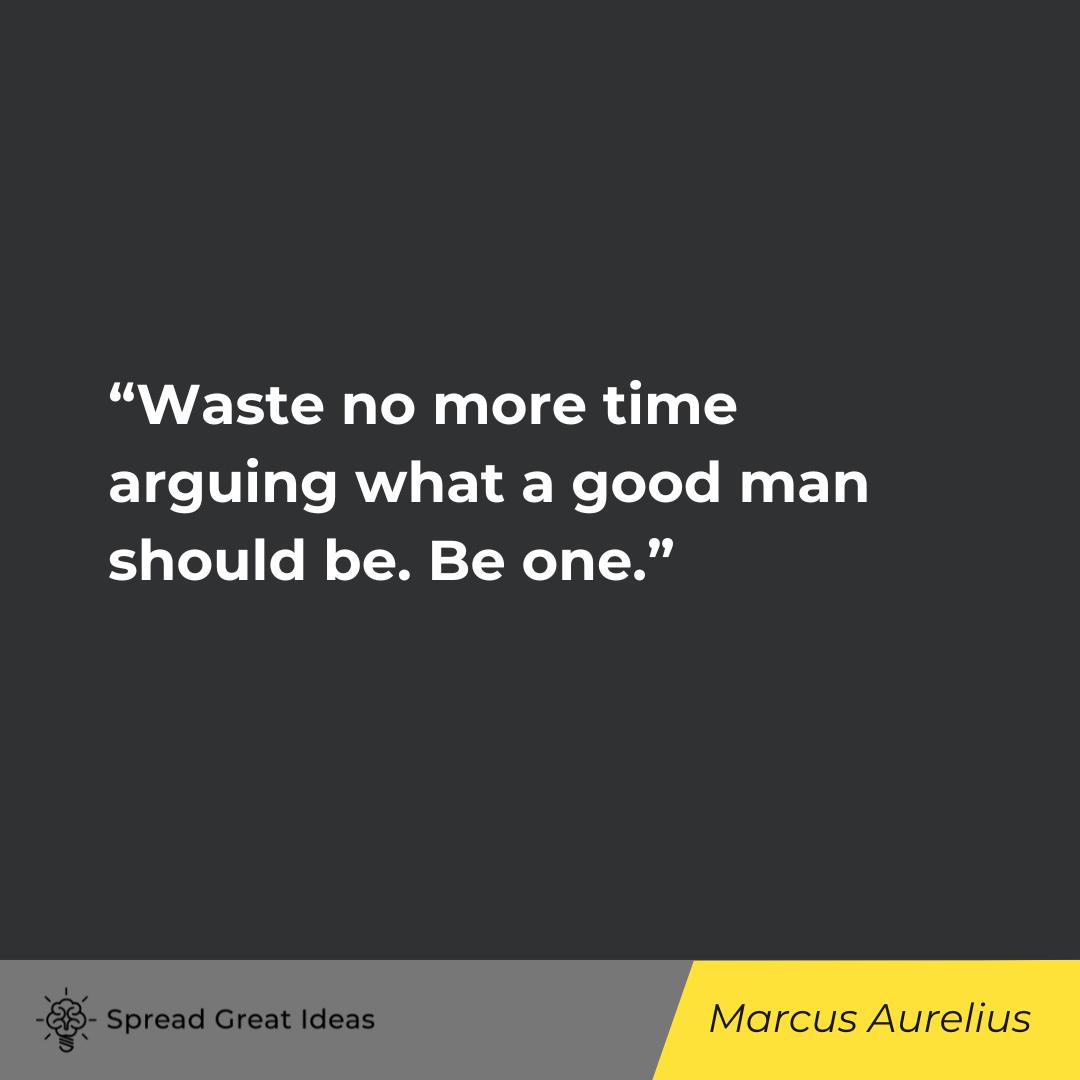
Aristotle
“One swallow does not make a summer, neither does one fine day; similarly one day or brief time of happiness does not make a person entirely happy.”
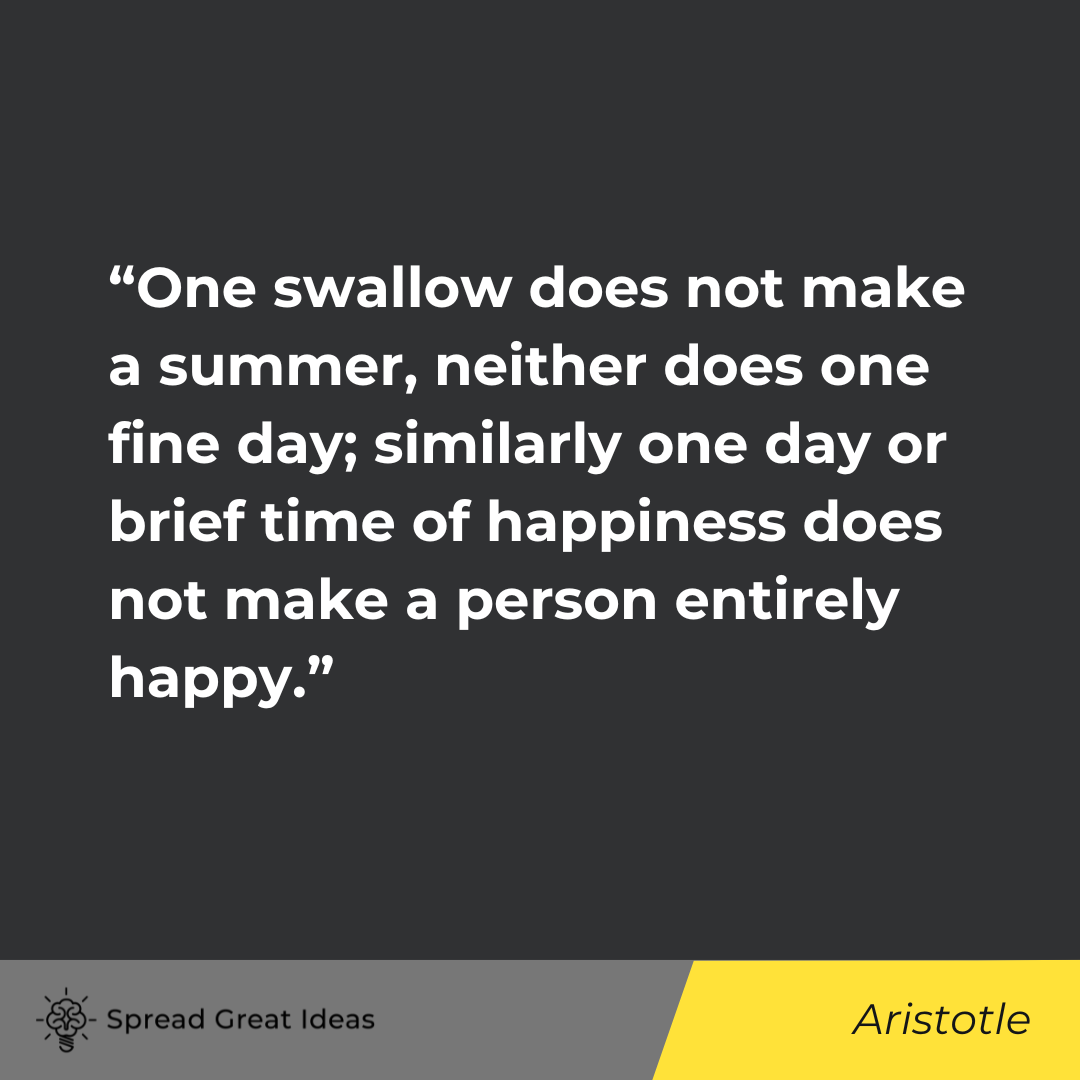
“These virtues are formed in man by his doing the actions… The good of man is a working of the soul in the way of excellence in a complete life.”
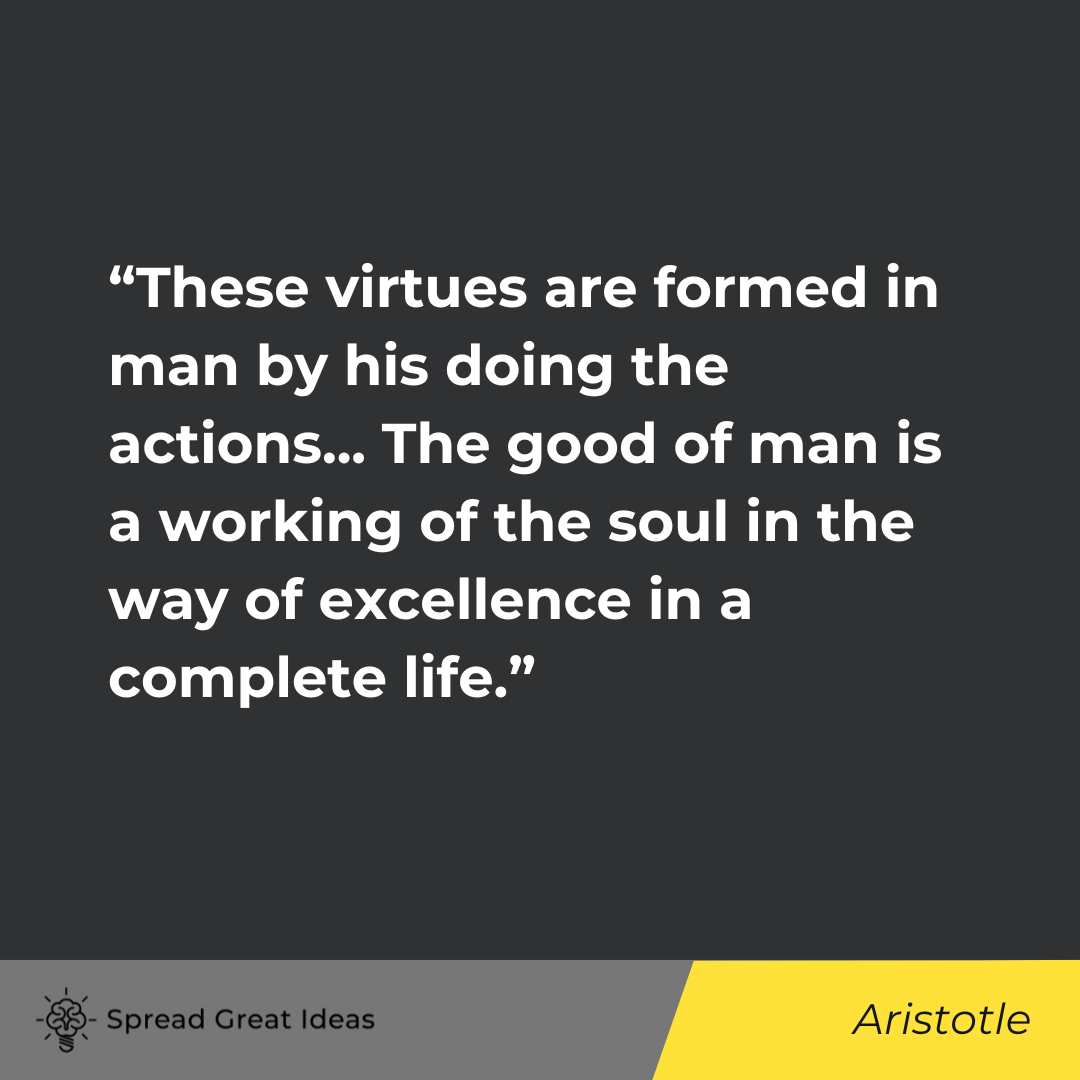
Ralph Waldo Emerson
“Make the most of yourself…for that is all there is of you.”
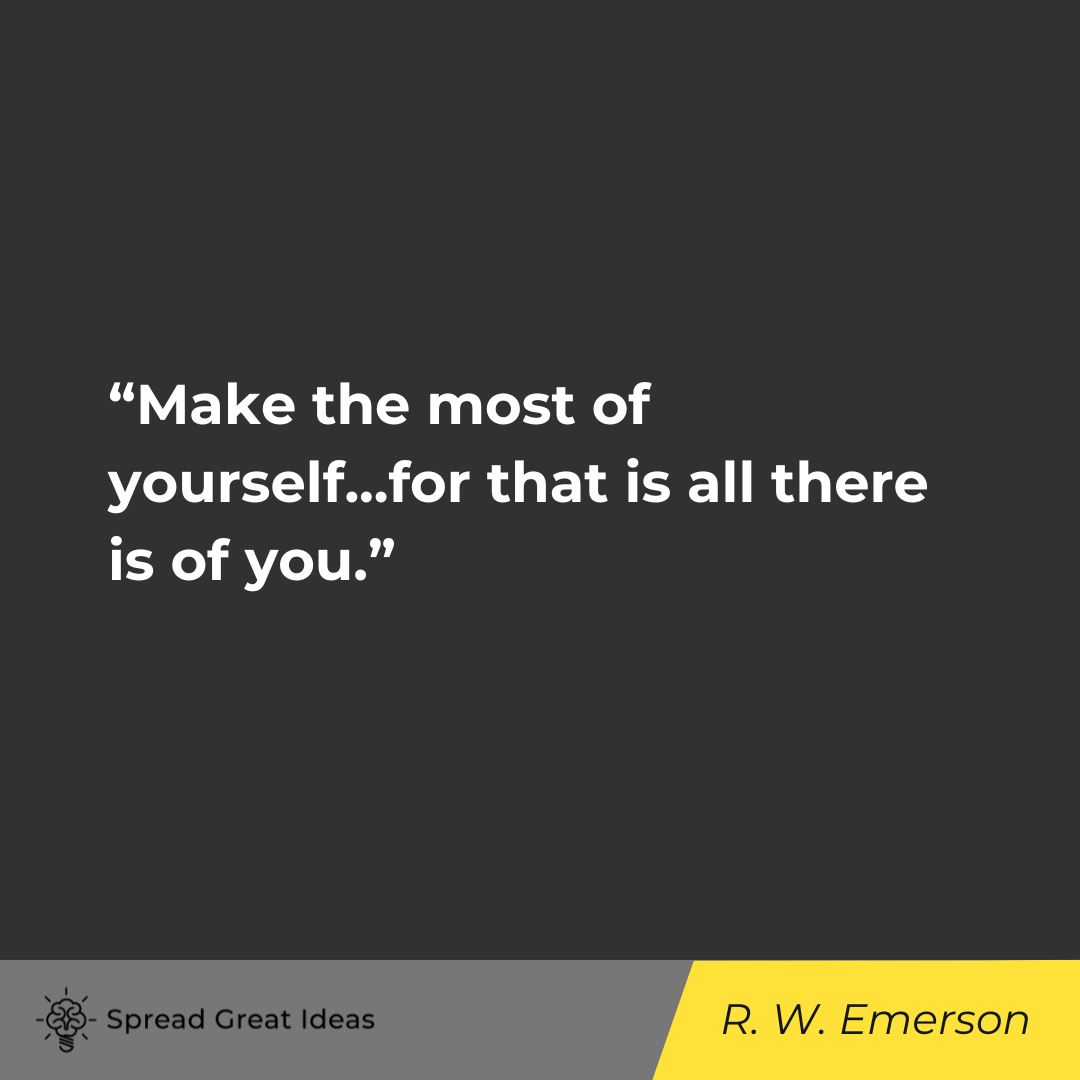
Hannah Arendt
“The ultimate end of human acts is eudaimonia, happiness in the sense of living well, which all men desire; all acts are but different means chosen to arrive at it.”
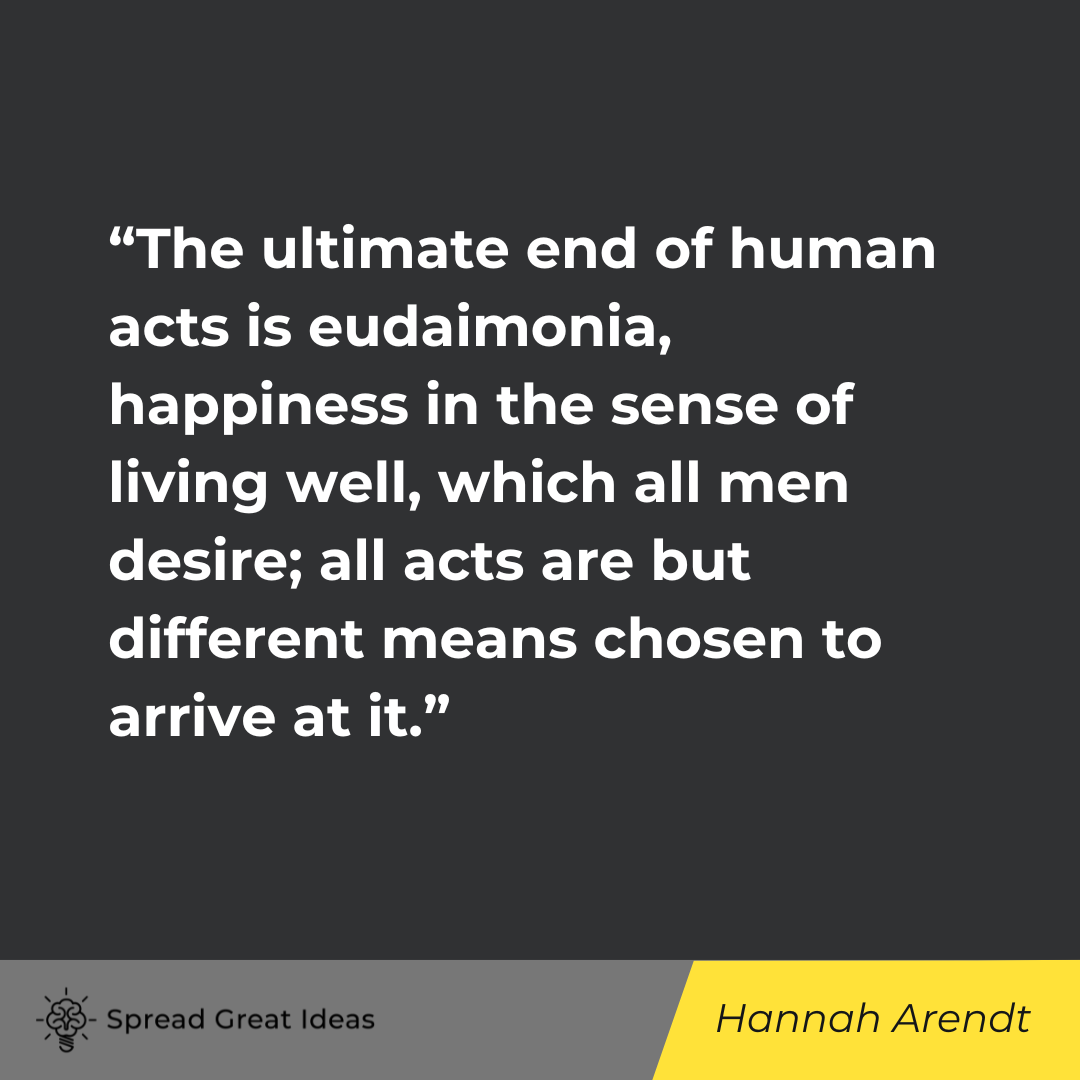
Derrick Jansen
“Eudaimonia is commonly translated as happiness, but I believe a more accurate translation would be fittingness: how well your actions match your gifts, match who you are.”

Voltaire
“God gave us the gift of life; it is up to us to give ourselves the gift of living well.”
– Voltaire
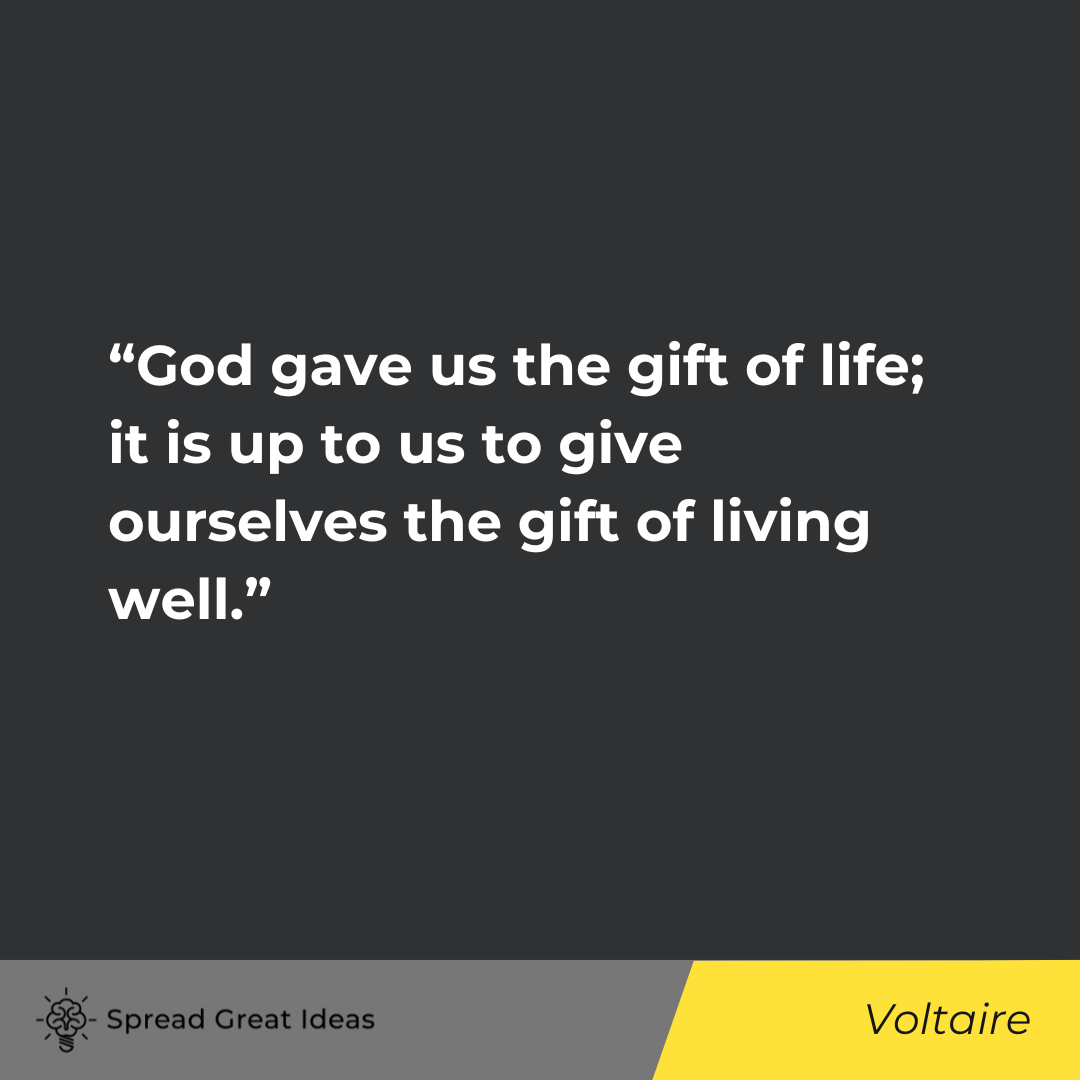
Cicero
“O vitae Philosophia dux! O virtutum indagatrix expultrixque vitiorum! Unus dies, bene et ex praeceptis tuis actus, peccanti immortalitati est anteponendus.”
– Cicero

Benjamin Franklin
“O philosophy, life’s guide! O searcher of virtues and expeller of vices! Just a single day lived well and according to your lessons is to be preferred to an eternity of errors.”
– Benjamin Franklin, quoting Cicero in The Autobiography of Benjamin Franklin
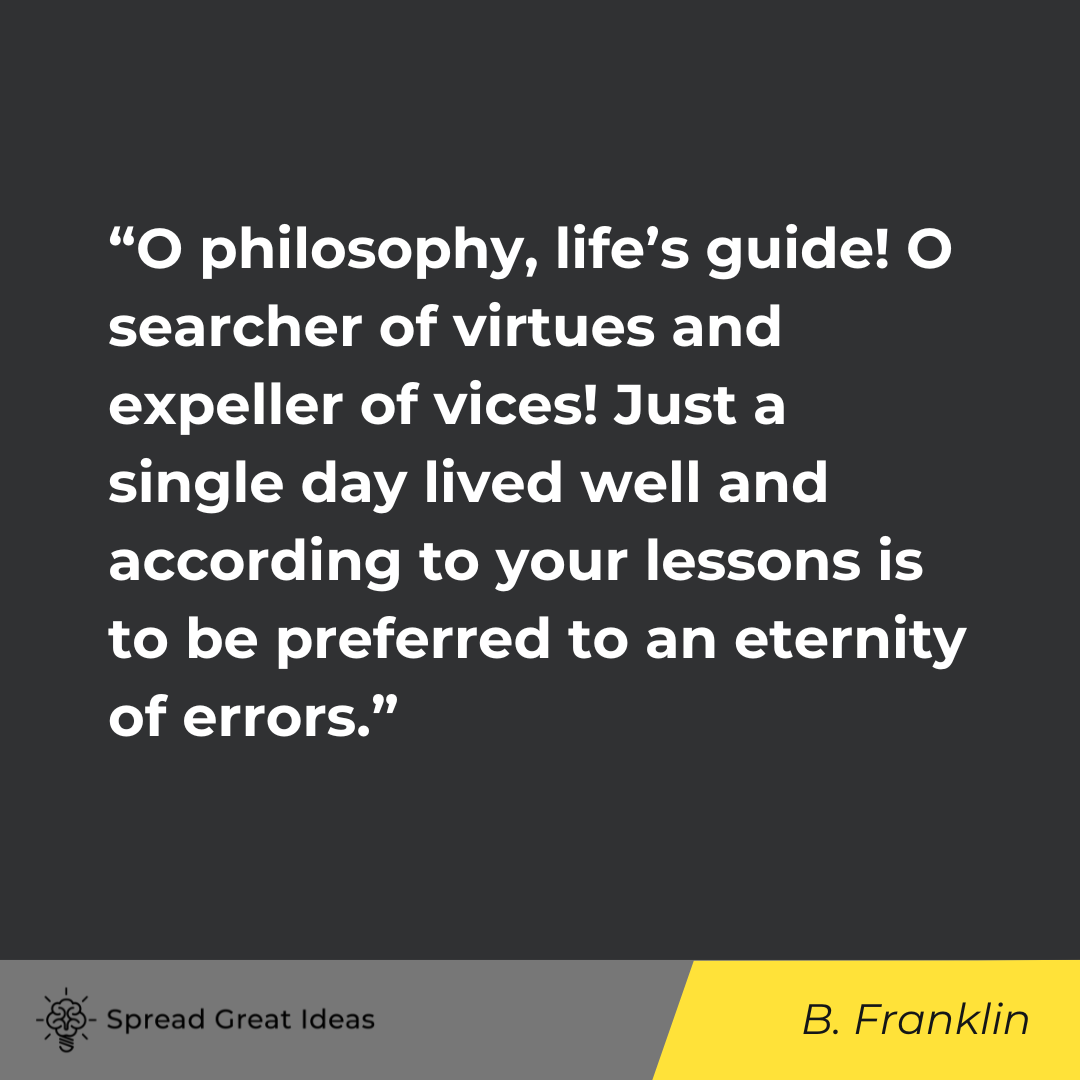
Johann Wolfgang von Goethe
“One ought, every day at least, to hear a little song, read a good poem, see a fine picture, and, if it were possible, to speak a few reasonable words.”
– Johann Wolfgang von Goethe, Wilhelm Meister’s Apprenticeship
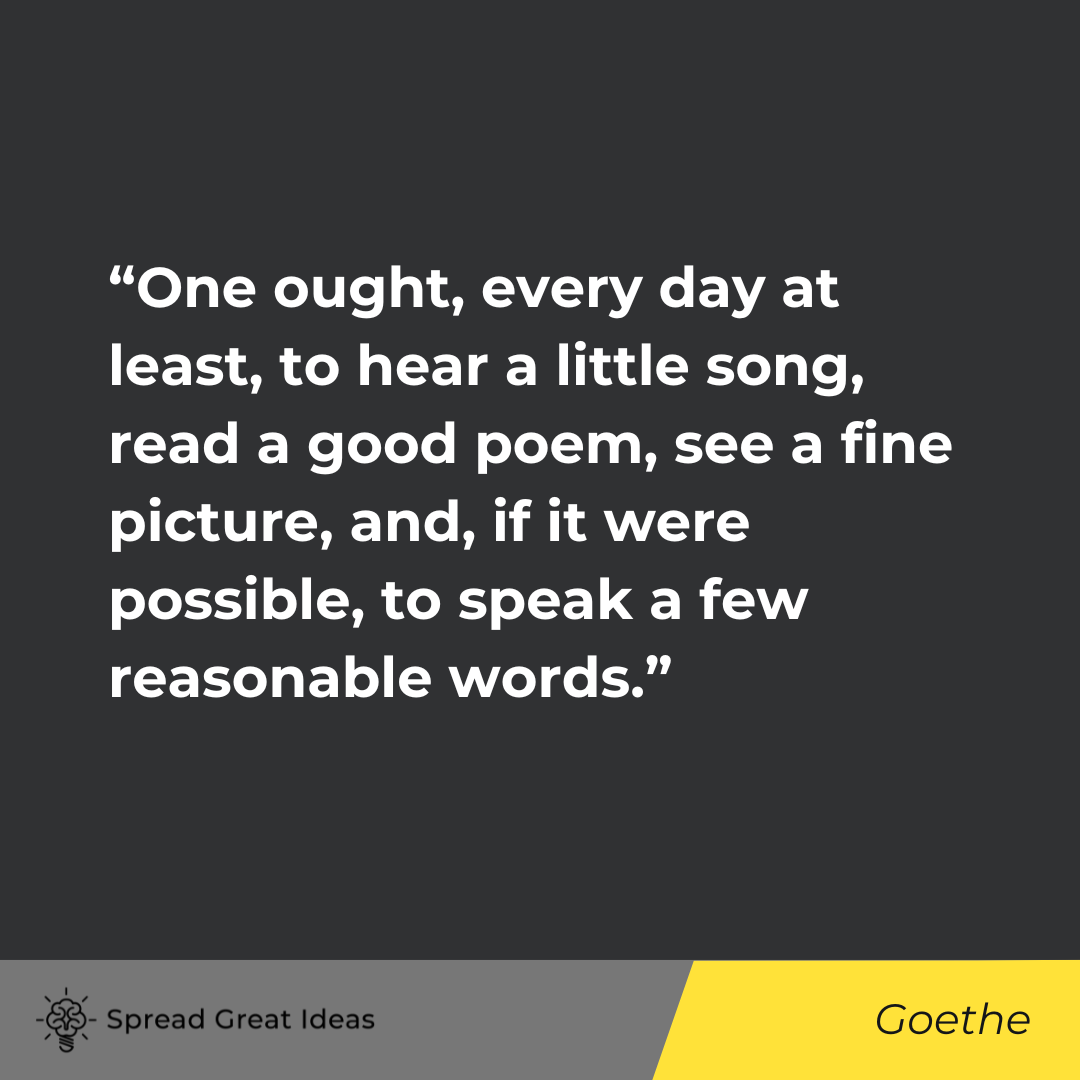
Franklin D. Roosevelt
“A nation that destroys its soils destroys itself. Forests are the lungs of our land, purifying the air and giving fresh strength to our people.”
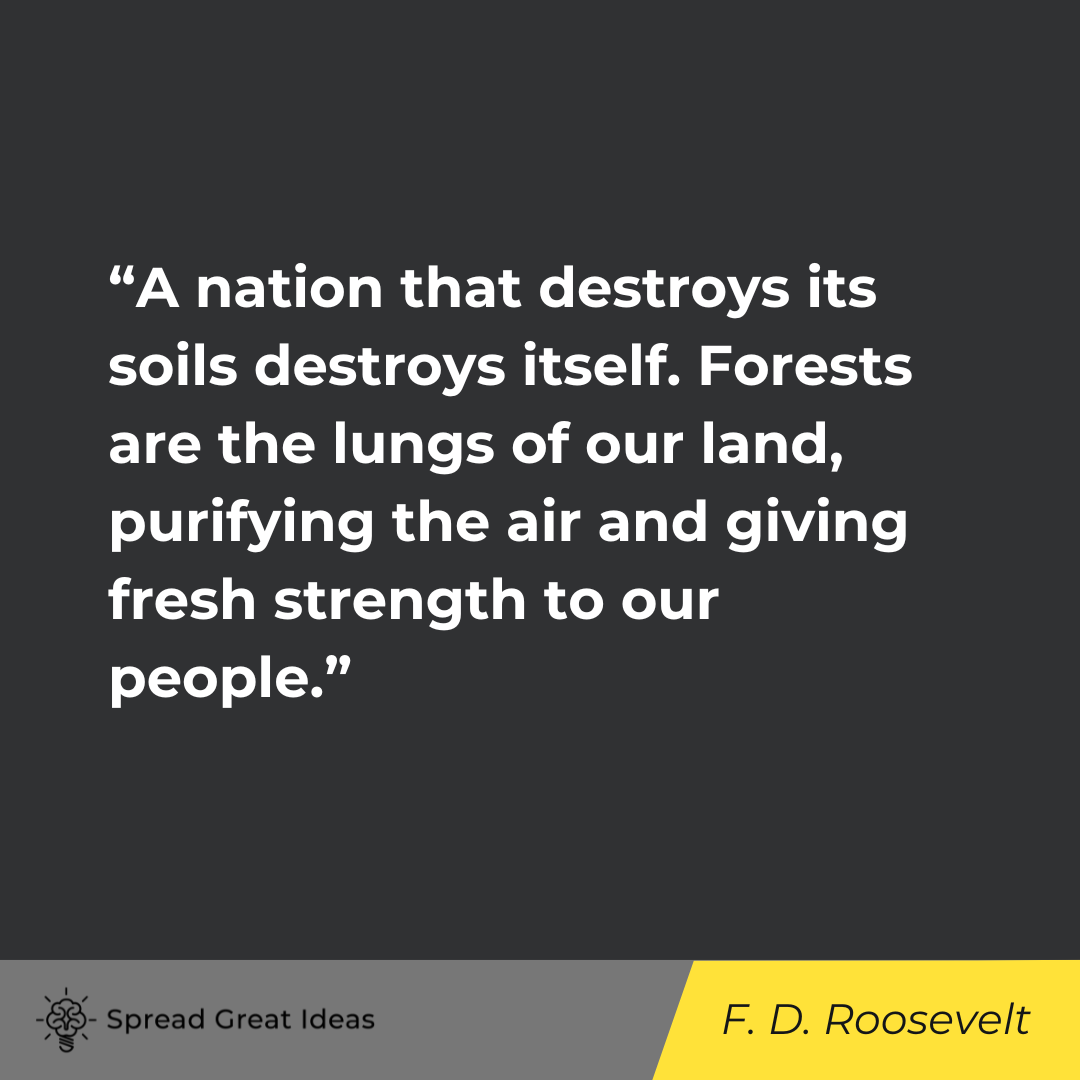
Wisdom & Philosophy Quotes: The Importance of Wisdom & Philosophy
We are all seeking wisdom throughout philosophy. This is the tie that binds the community together. We all seek to use different avenues of philosophy to arrive at wisdom and…